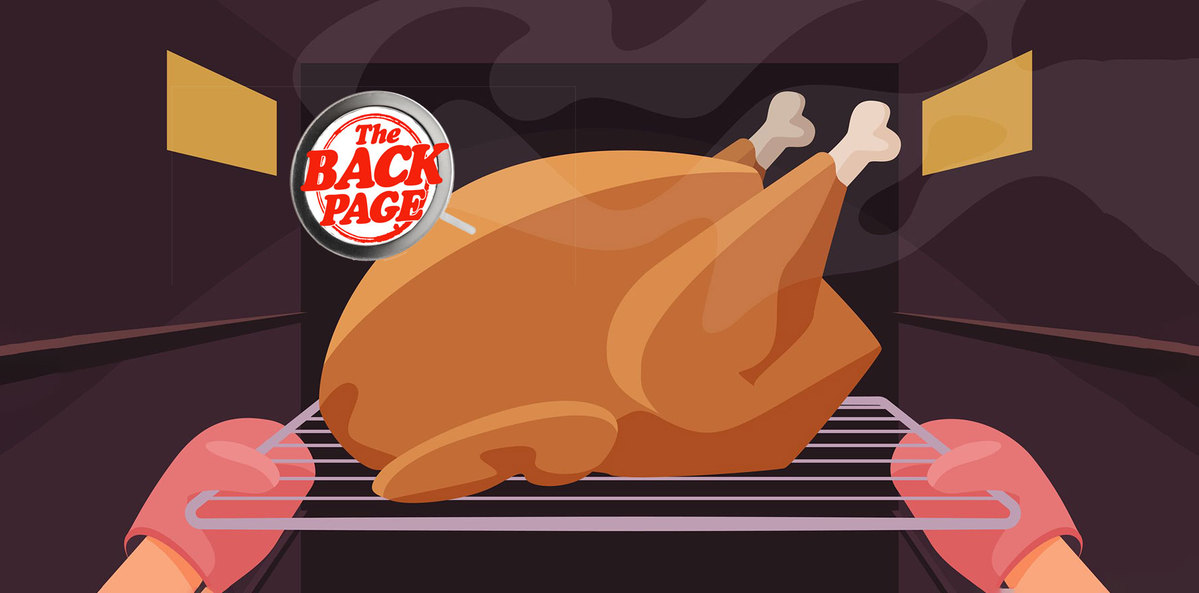Sharp operators are hoping a swapped letter or two will allow them to beat the solarium ban.
Your Back Page correspondent was born with the type of skin that does not respond well to the challenges presented by Australian sunshine.
While we would dearly love to present a smooth, tawny hue, the ever-present threat of skin cancers means a pallid, occasionally blotchy, toning is the only sensible option.
Sadly, not all melanin-deficient folk in our sunburnt country concur. Hence the emergence, and subsequent banning, of commercial solariums which offer sunbed treatments to bronze up our paler brethren.
All states and territories (except the NT, which did not have any in the first place) put the kybosh on these facilities back in 2015.
Which is why it was disappointing to see news of the recent promotion of something called “collarium” sunbeds for commercial use.
According to this report by the ABC, the sunbed spruikers are back in business, offering sessions of UV and red light nuking which they claim will not only provide a “longer-lasting beautiful tan” but also provide other dubious health benefits such as “stimulating collagen, preventing hair loss and protecting cells against free radicals”.
Unsurprisingly, skin cancer experts across the nation are appalled by this development.
Having fought so long and hard to have commercial sunbeds banned, having them turn up again under a different guise is galling.
As Professor Marion Eckert, who is director of the Rosemary Bryant AO Research Centre at the University of South Australia, was quick to point out, back in 2009 the International Agency for Research on Cancer classed tanning beds as a grade 1 carcinogen. That puts them in the same category as cigarettes and asbestos.
While collarium tanning beds are often marketed as a safer alternative to traditional tanning beds because they primarily emit UVA radiation, according to Professor Eckert they can still do significant damage.
“It’s important to note that UVA radiation, while less likely to cause immediate sunburn, can still penetrate deep into the skin and contribute to long-term skin damage and increased cancer risk,” she told media.
Dr Joseph Scott, a Senior Lecturer at the University of the Sunshine Coast, called for any business offering these sunbed treatments to be immediately shut down.
“Whether it’s marketed to you as a ‘sunbed’, a ‘solarium’ or ‘collarium’, if you use it, you will have significantly greater risk of developing melanoma and other skin cancers,” he said.
On the bright side, Queensland Health said it was now investigating the legality of businesses offering these tanning services while Victoria’s Health Department didn’t need to think twice, warning that “anyone offering the use of a collarium bed for a fee or reward was committing an offence”.
Hopefully, other state health departments will quickly follow Victoria’s lead.
Send bronzed Aussie story tips to penny@medicalrepublic.com.au.


